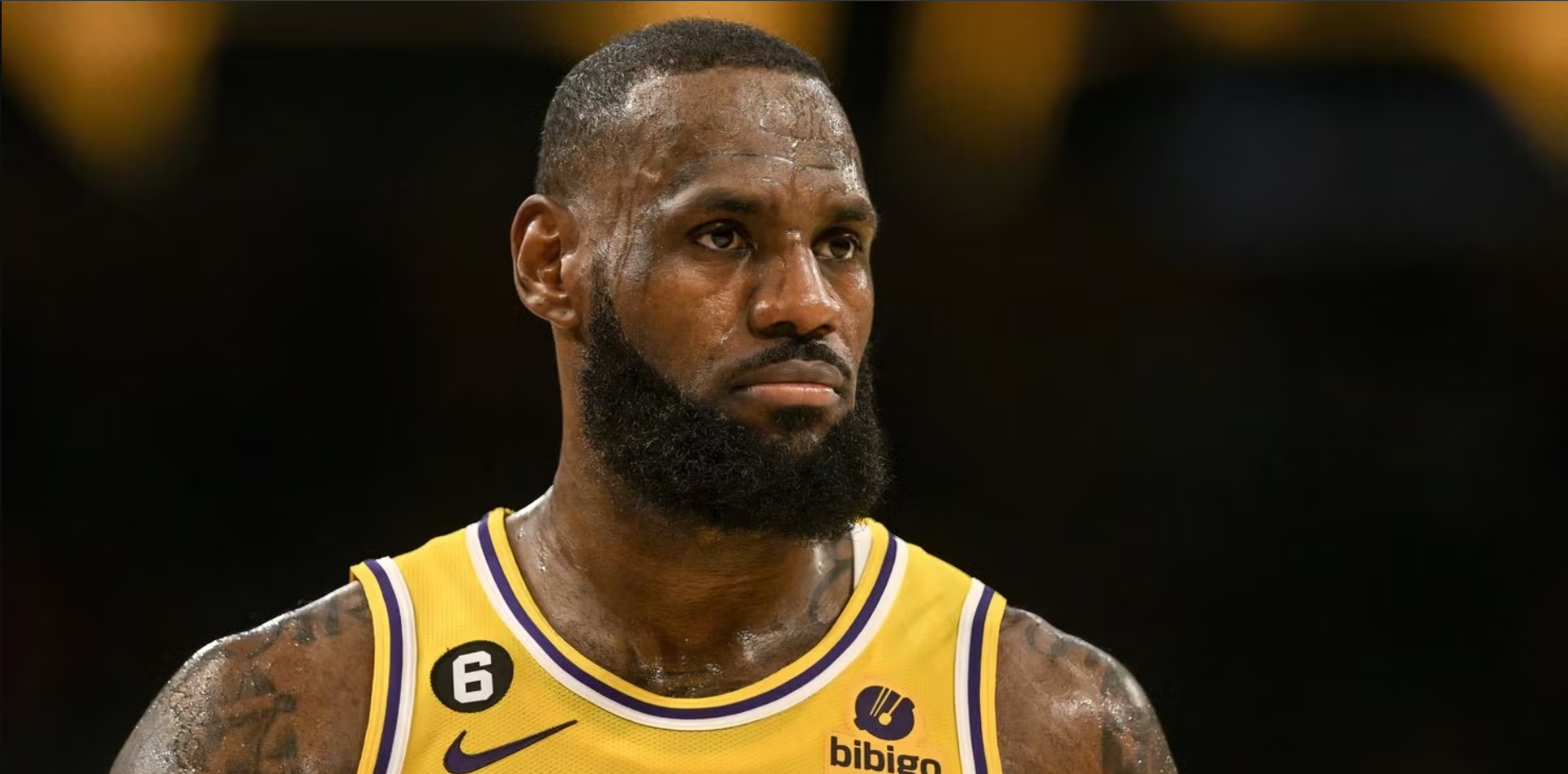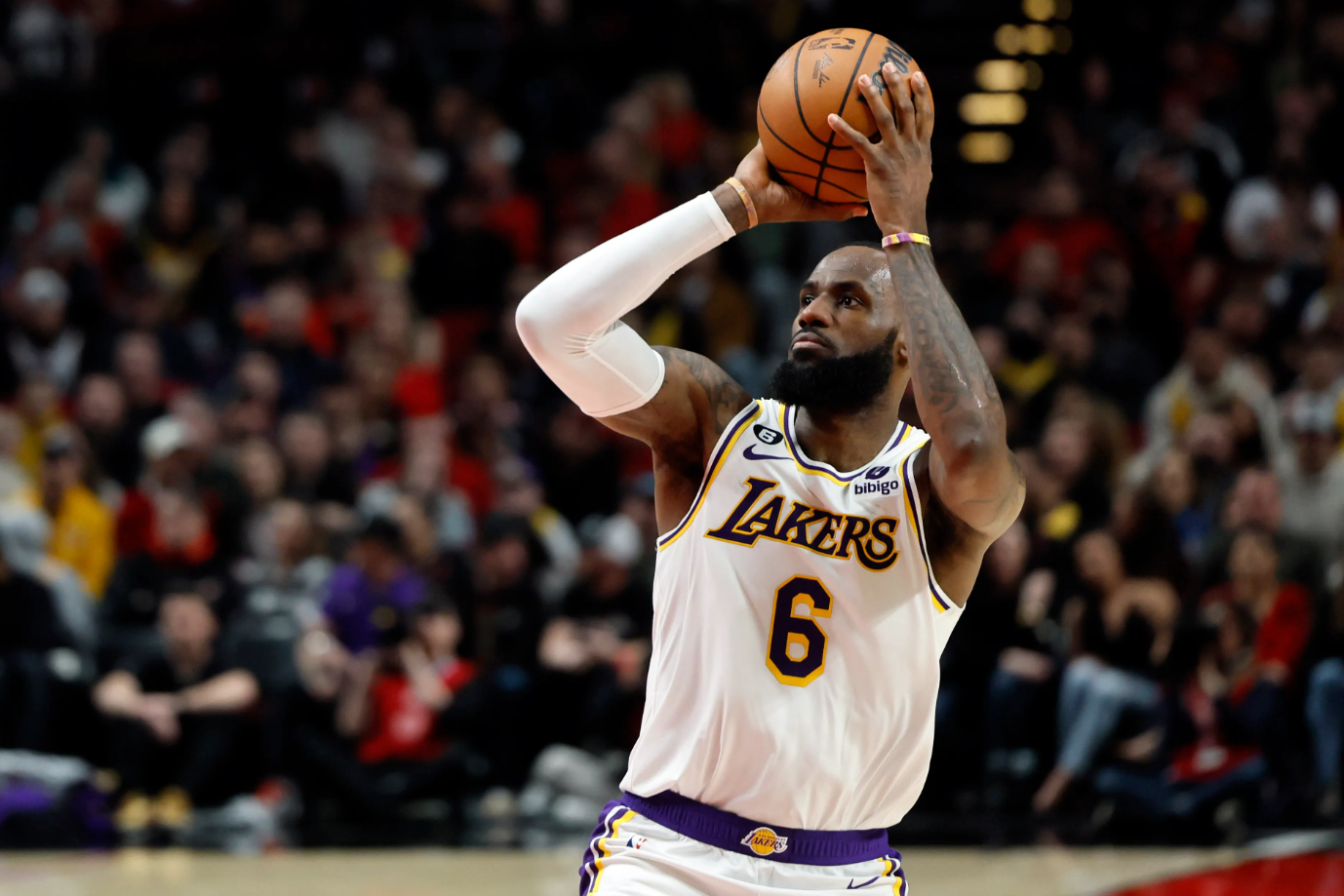LeBron James on Team Excellence: Critical Reflections from Mind the Game on Prime Video
Introduction
In the canon of contemporary sports leadership, LeBron James occupies a distinctly elevated echelon—not merely due to his athletic achievements, but because of the complex cognitive, emotional, and ethical frameworks that inform his praxis. In the intellectually rigorous docuseries Mind the Game on Prime Video, James collaborates with fellow NBA luminary and strategic thinker Steve Nash to dissect the nuanced anatomy of team excellence. This series is not simply a chronicle of basketball strategy; it is an interdisciplinary inquiry into the architecture of elite performance, the dynamics of leadership, and the sociopsychological underpinnings of group success.
Whether one is navigating executive leadership in corporate environments, engaging in pedagogical strategy in academic institutions, or spearheading collective action in the nonprofit sector, Mind the Game delivers profound, translatable insights. This essay parses LeBron James’s most compelling meditations on team dynamics and leadership, demonstrating how his lived experience articulates a new standard for collaborative efficacy, ethical accountability, and transformational presence.
The Cognitive Architecture of LeBron’s Leadership Ethos
1. Strategic Intelligence and Veteran Insight
LeBron James transcends the archetype of the elite athlete; he is a cognitive tactician and a systems theorist with an astute grasp of team dynamics, motivational psychology, and adaptive strategy. As a four-time NBA champion and two-time Olympic gold medalist, his perspectives are not anecdotal—they are grounded in a longitudinal arc of performance optimization at the highest competitive level.
“You have to expect excellence to create it,” James states—a maxim that encapsulates both a philosophical worldview and a practical imperative. This ethos, deeply embedded in his transitions across franchises and leadership roles, signals that excellence is an emergent property of consciously cultivated standards, not an incidental outcome.
2. Prioritizing Synergy Over Isolated Brilliance
James critically interrogates the valorization of individual talent, asserting that sustainable success is predicated on cohesion, mutual respect, and a shared vision. In his exchanges with Nash, he deconstructs the reductive myth of talent as a singular determinant, spotlighting instead the often-overlooked variables of psychological safety, relational equity, and intentional collaboration.
He underscores the salience of transparent communication, functional role alignment, and the nuanced management of interpersonal diversity as non-negotiables in the architecture of high-performing teams.

3. Leadership as Ethical Modeling
James distills his leadership ethic into a potent statement: “I can’t ask my teammates to do something I’m not willing to do.” This articulation is more than rhetorical; it reveals a deeply embedded moral ontology in which integrity, diligence, and modeling behavior become strategic and ethical imperatives.
From his rigorous training routines to his film study and pre-game rituals, James performs discipline not as spectacle but as a communicative act—an embodied message to teammates about respect, commitment, and the sanctity of the mission.
Translating Insight into Practice: Operational Lessons from Mind the Game
Mechanisms of Collective Mastery
The episode identifies several operational pillars:
- Disciplinary Microstructure: Daily rituals—punctuality, nutrition, rest—constitute the invisible infrastructure of long-term excellence.
- Dialogic Integrity: James positions honest dialogue as a precondition for cognitive synchronization and conflict prevention.
- Resilience through Iteration: Adversity is framed as epistemic opportunity, a diagnostic tool through which teams reframe failure as adaptive learning.
Emotional Intelligence as a Core Competency
James demonstrates a refined emotional acuity that functions as strategic capital. Rather than relying on hierarchical enforcement, he fosters environments where connection, empathy, and relational presence serve as key motivational levers.
“It’s not about me yelling—it’s about me connecting.”
This philosophy reveals a post-heroic model of leadership—one grounded in attunement rather than authority, in inclusivity rather than intimidation.
Recasting Leadership as Narrative Integration
James embodies a leadership style that defers ego in favor of communal progression. Whether by trusting less experienced teammates in pivotal moments or by shifting his tactical emphasis to facilitate team flow, he signals that authentic leadership resides in the orchestration of shared outcomes.
He attributes his longevity not just to physical maintenance, but to an evolved capacity for narrative inclusion—consistently recontextualizing his role to align with emergent team narratives.
Mind the Game Explained: Frequently Explored Themes
What is Mind the Game?
A conceptually rich exploration of elite performance ecosystems, co-hosted by Steve Nash and LeBron James, examining the confluence of psychological, emotional, and strategic elements in sustained excellence.
Where to Watch?
Exclusively available on Prime Video, accessible to global subscribers.
Defining “Expecting Excellence”
James asserts that manifesting elite output necessitates explicit expectation-setting, where leaders embody and institutionalize excellence as cultural norm.
Who Can Benefit?
While anchored in sports, the lessons resonate across disciplines—from organizational leadership to education to healthcare.
Signature Quotations?
- “If you’re not all in, you’re holding the team back.”
- “We win together; we grow together.”
- “Leadership is about presence, not power.”
Aesthetic and Intellectual Texture: Episode Highlights
Vulnerability as Transformative Agency
James reveals that his breakthrough as a leader hinged on embracing vulnerability—not as weakness, but as catalytic strength. Relinquishing invulnerability allowed deeper bonds and authentic team trust to emerge.
Intellectual Reciprocity with Steve Nash
The synergy between James and Nash magnifies the episode’s conceptual depth. Their dialogue models dialectical leadership—fusing strategic foresight with humility and mutual inquiry.
Cinematic Craft and Emotional Resonance
The series employs visual storytelling, archival synthesis, and ambient scoring to transform personal reflection into universal insight. The result is a layered narrative arc tracing James’s evolution from prodigy to philosopher-king of performance.
Reframing Sports Media: From Statistics to Human Systems
Mind the Game stands in contradistinction to traditional sports programming. Where mainstream narratives reduce performance to analytics and highlight reels, this series elevates the discourse to explore cognition, emotion, and systemic function.
Distinctive Contributions:
- Philosophical Substance: Functions as both documentary and heuristic blueprint.
- Interdisciplinary Utility: Applicable to fields as varied as psychology, education, management, and sociology.
- Authentic Discourse: Eschews hyperbole in favor of rigorous introspection.
For serious students of leadership and performance, this is not mere content—it is curriculum.
Differentiation: What Sets Mind the Game Apart
1. Decision-Making Under Pressure
Focuses on cognitive framing and decision matrices rather than outcomes.
2. Frameworks for Immediate Application
Provides pragmatic tools for team cohesion, conflict resolution, and goal alignment.
3. Motivation Rooted in Method
Inspires through replicable behaviors and structured insights, not abstract ideals.
4. Personal Narrative as Universal Portal
James’s trajectory offers a case study in identity formation, perseverance, and adaptive reinvention.
LeBron’s Canon of Leadership: Imperatives for the Modern Leader
- Model the Ideal: Leadership is enacted through behavior, not declared.
- Institutionalize Dialogue: Open discourse cultivates unity and trust.
- Recode Adversity: Transform obstacles into platforms for evolution.
- Embed Accountability: Standards must permeate all levels.
- Center the Collective: Prioritize shared vision over individual accolade.
- Embrace Discomfort: Innovation resides at the boundaries of familiarity.
- Lead with Empathy: Presence, not control, galvanizes teams.

LeBron James on Team Excellence: Critical Reflections from Mind the Game on Prime Video
Conclusion: The Praxis of Transformational Leadership
In Mind the Game, LeBron James and Steve Nash do not simply chronicle experience—they theorize it. This episode is an invitation to recalibrate how we conceptualize leadership, excellence, and human potential. Through the synthesis of introspection and action, James emerges not only as a generational athlete, but as an architect of collaborative mastery.
This is not passive viewing. It is an experiential catalyst. Engage it—and elevate your practice.
Metadata
Meta Description: Explore LeBron James’s masterclass in leadership, performance psychology, and team excellence through Mind the Game on Prime Video—an essential guide for transformative leadership across sectors.
Tags: LeBron James, Team Excellence, Mind the Game, Prime Video, Steve Nash, Leadership Lessons, Basketball Strategy, High-Performance Culture, Adaptive Leadership, Emotional Intelligence
Longtail Tags: LeBron James leadership philosophy, elite team-building principles, performance psychology in sports, Mind the Game breakdown, Nash-James leadership discourse
Editorial Strategy Recommendations
- Integrate Empirical Evidence: Strengthen analytical claims with peer-reviewed research and case studies.
- Embed Q&A Fluidly: Incorporate FAQs as seamless content rather than standalone elements.
- Position for Executive Readership: Use conceptual rigor and precise language.
- Narrative as Evidence: Use personal stories not just for pathos, but as epistemic tools.
- Optimize for Strategic Intent: Align content with high-level search intent around leadership, team dynamics, and performance optimization.
